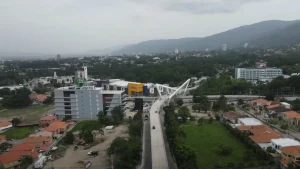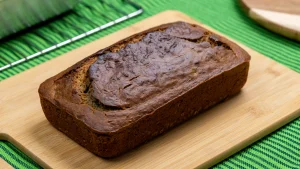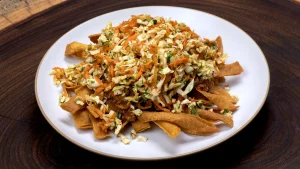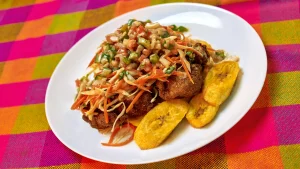Municipality of Belen Gualcho
Belén Gualcho is a municipality in the Department of Ocotepeque in Honduras.
Its name, according to Mexican orthography, means «House of the Holm Oaks,» and in the Lenca language, it means «Place of Many Waters.»
Belén Gualcho was originally called Curicunque, later transformed into Callicanque, which means «Place of Houses.» In 1871, it was listed as the head of the Curato de Gualcho. It was later called Belén de Copán or Belén de Occidente. On September 2, 1907, it became part of the Department of Ocotepeque and was renamed Belén de Ocotepeque. On February 15, 1922, it was finally named Belén Gualcho, belonging to the Sensenti district.
Location
The municipality borders the municipalities of Corquín and Gracias to the north, San Sebastián to the south, San Manuel Colohete to the east, and Sensenti and San Marcos to the west. It is situated to the east of the department, at the foot of the highest mountain in the Celaque Mountain Range and National Park, 82 km from the departmental capital.
Inhabitants
Its first inhabitants were of Lenca origin, and their roots and customs have been largely maintained. They currently represent 95% of the total population of the municipality, while 5% are immigrant mestizos who have assimilated the customs, traditions, and accents of the region.
Heritage
Its main heritage is the production of high-altitude fruits such as apples, quinces, blackberries or raspberries, and other fruit trees. It also produces vegetables, mainly carrots, lettuce, broccoli, potatoes, and some garden fruits like strawberries.
Points of Interest
Its patron saint festival is celebrated from January 12th to 18th in honor of Saint Anthony of Abbot. During the festival, there is an exchange of Lenca culture as residents from neighboring Lenca communities such as San Sebastián, San Marcos de Caiquín, and San Manuel Colohete visit the municipality.
Villages
- Belén Gualcho
- Cerro Grande
- Cerro Verde
- El Ciprés
- El Magueyal
- El Paraíso
- Jualaca
- La Gocia
- La Mohaga
- La Tejera
- Palos Blancos
- Suyande
- Yaruchel



